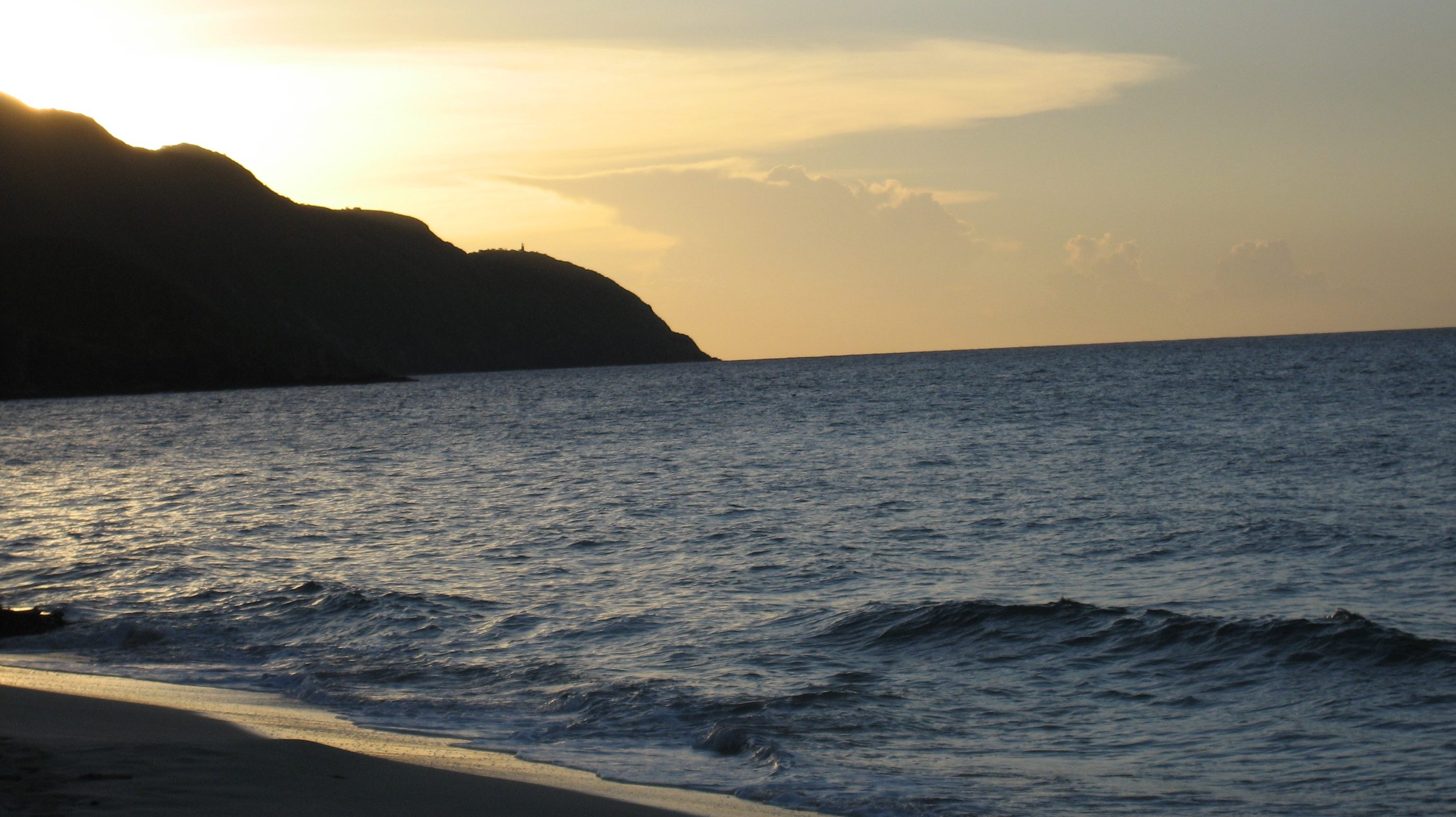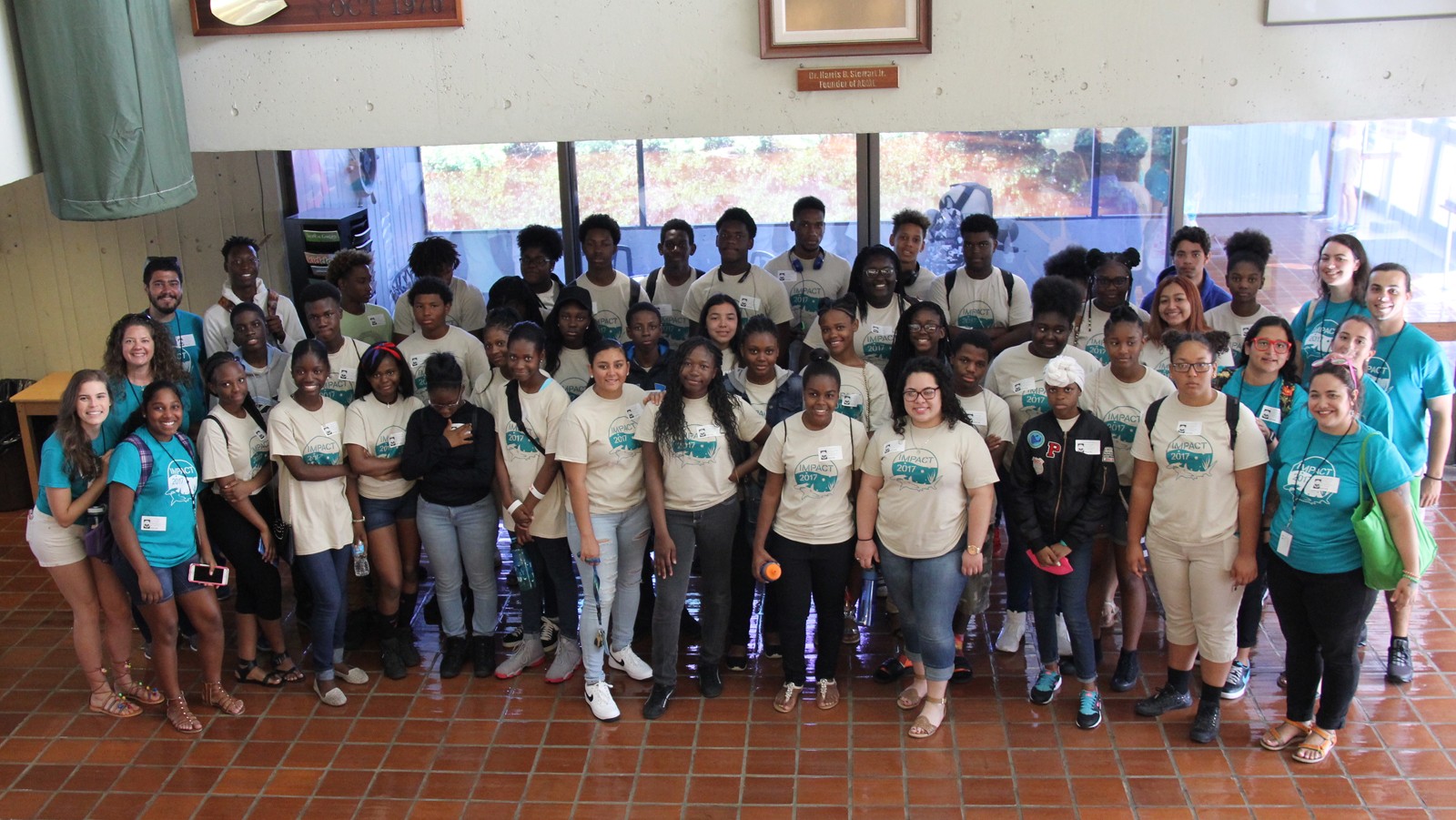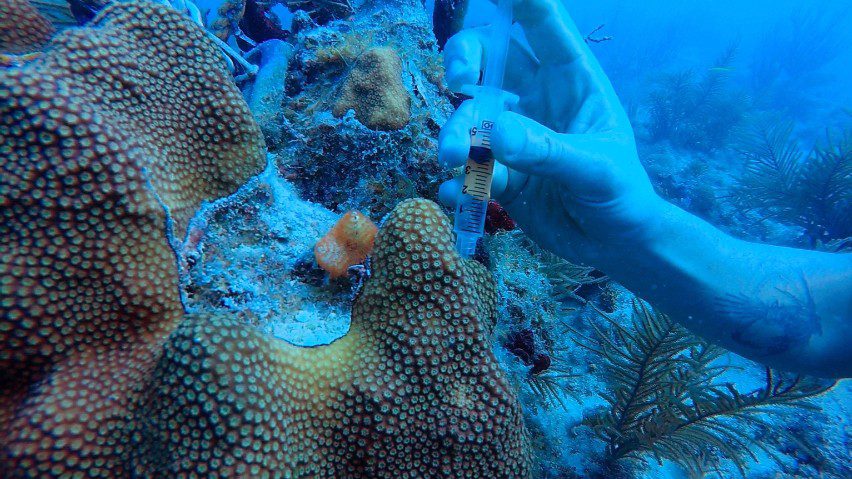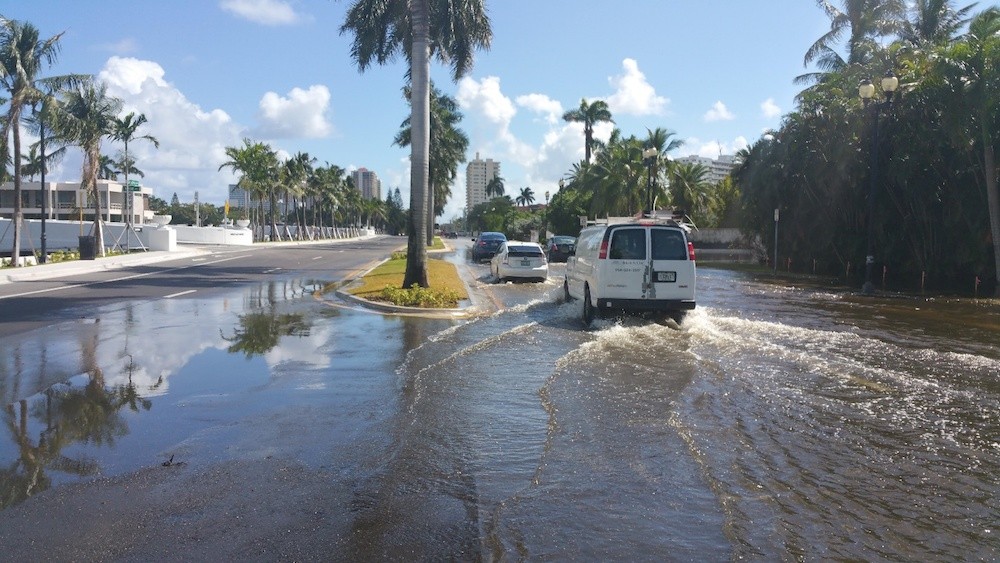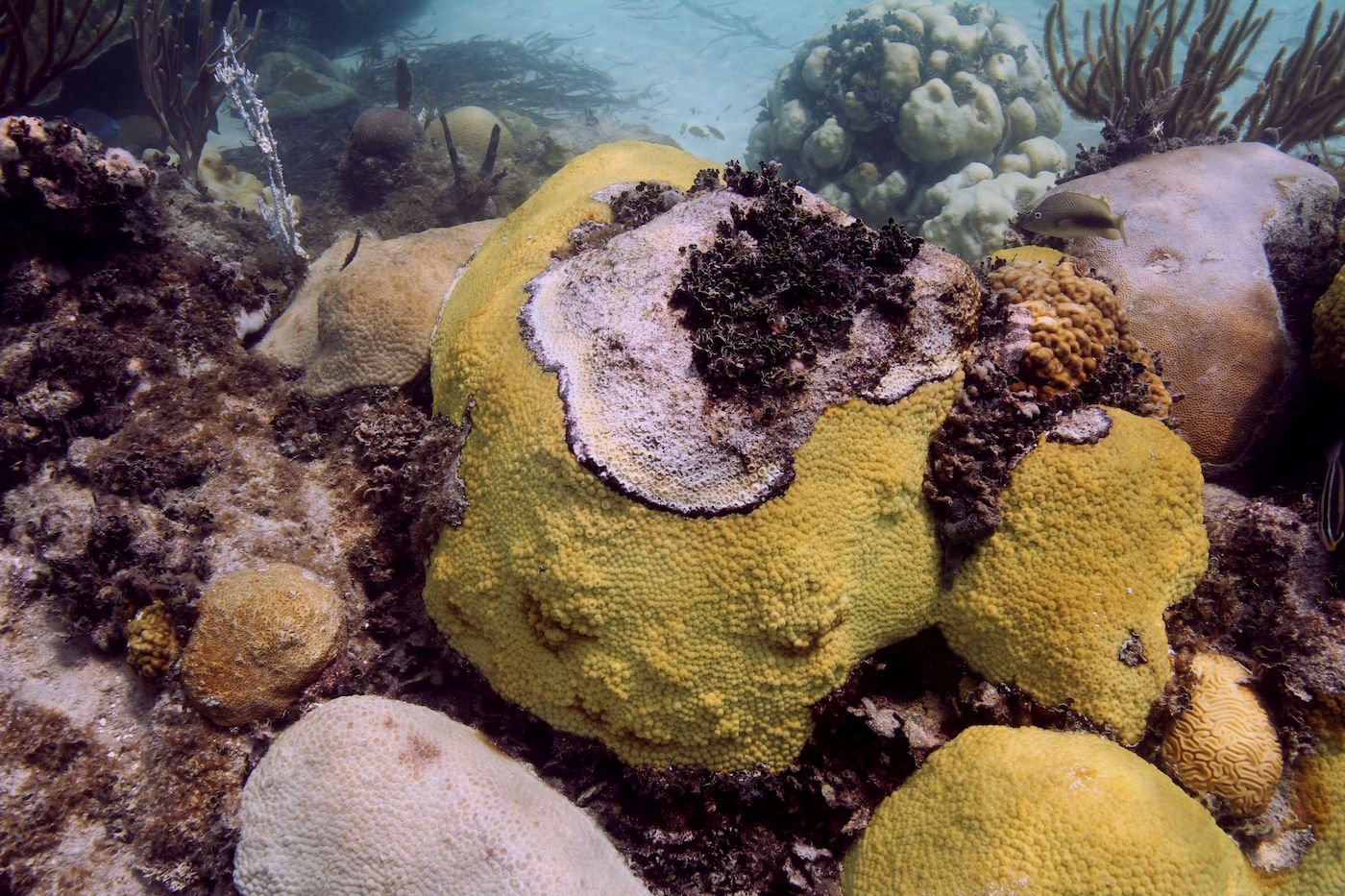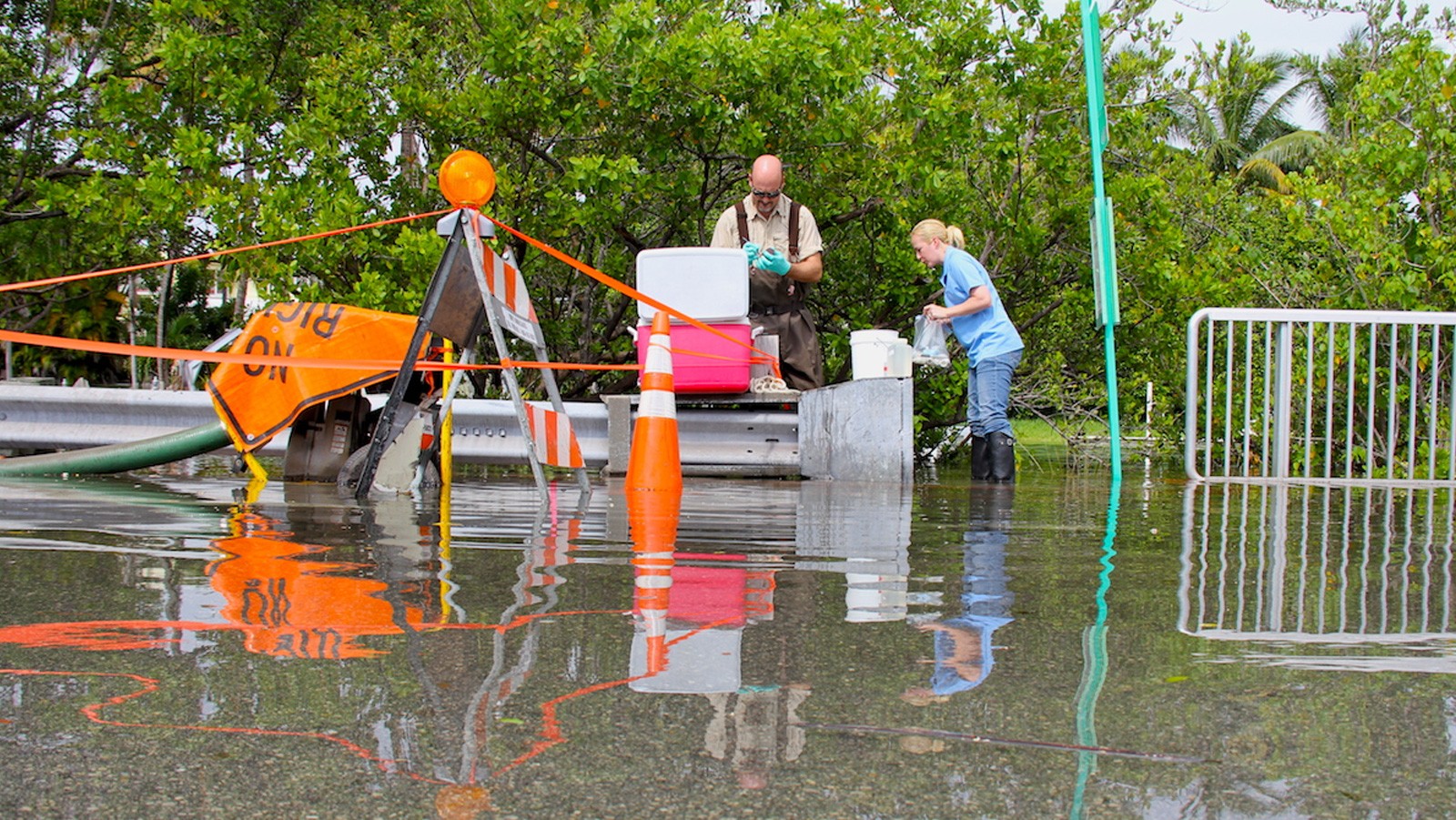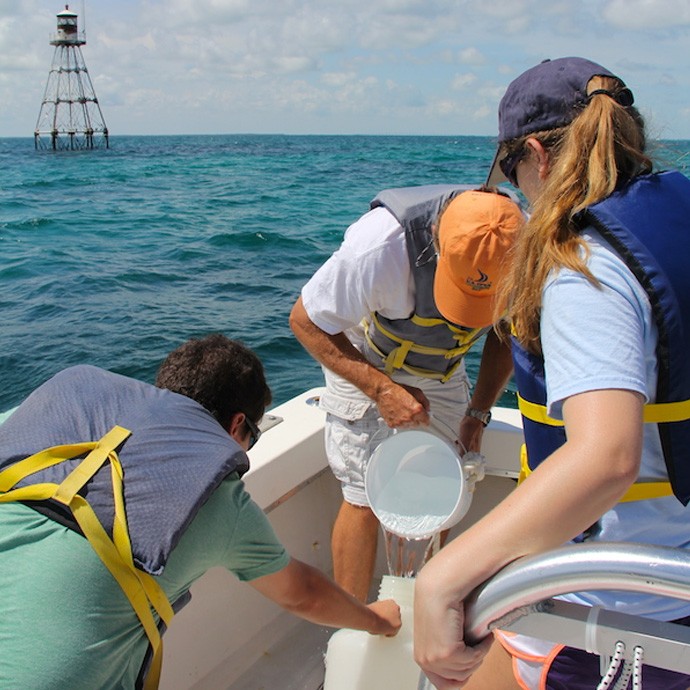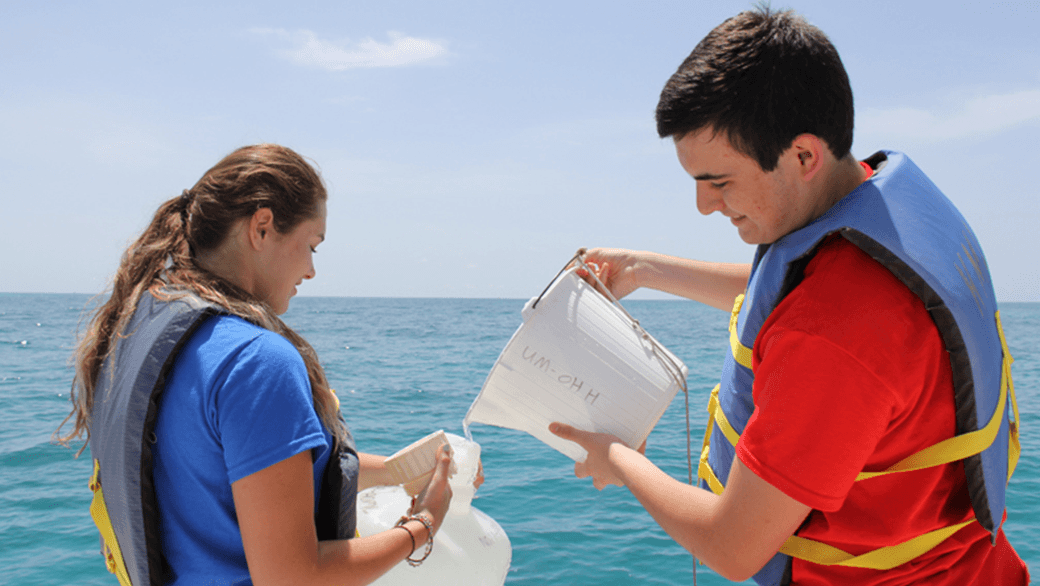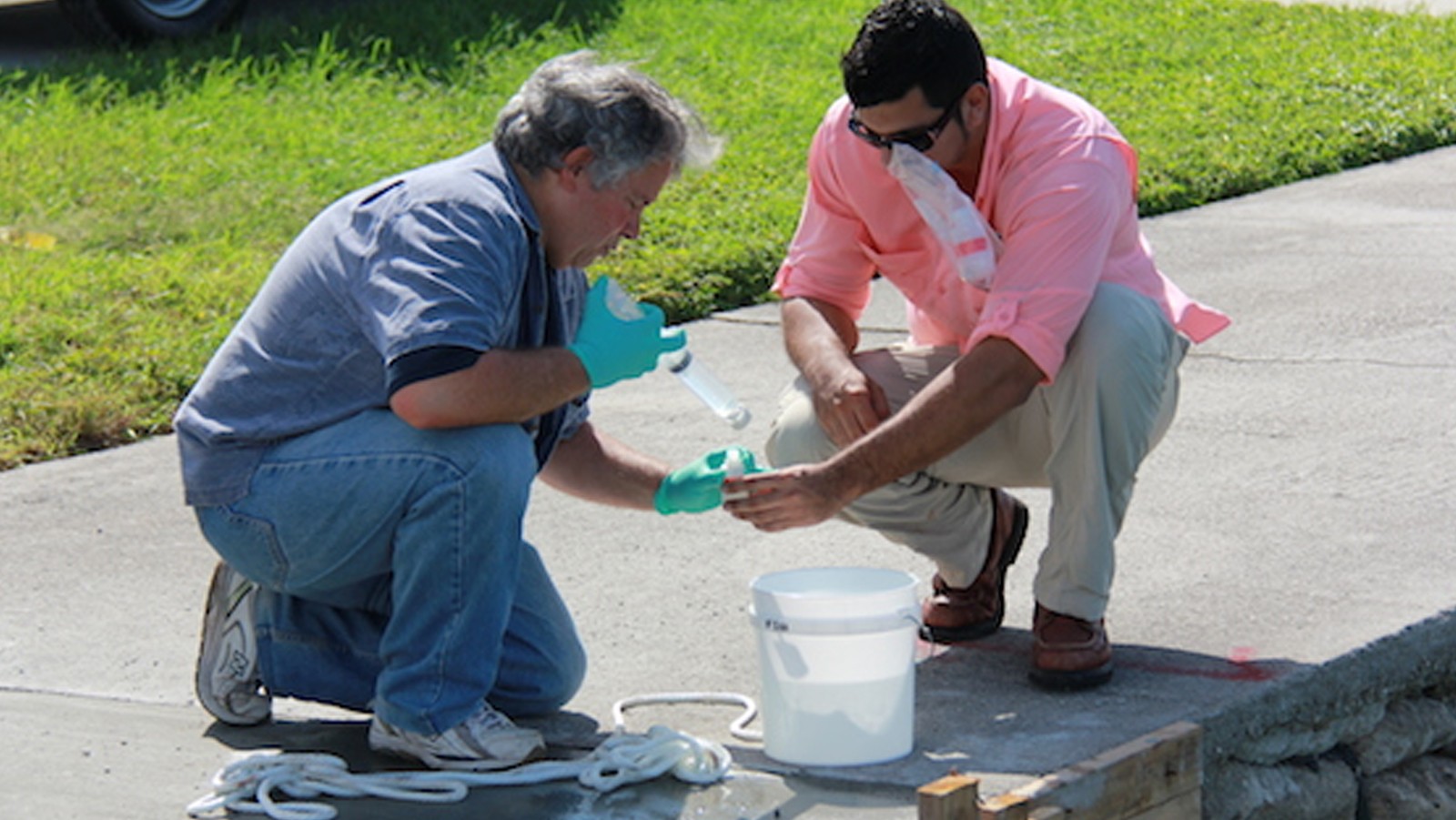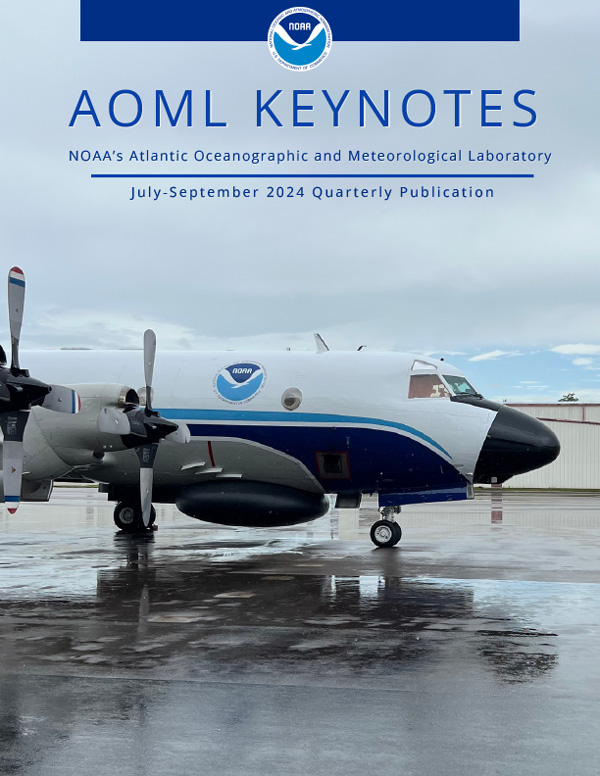Update to the BEACHES Study: Children Visiting Beaches with Open Wounds are More Susceptible to Bacterial Infection
A new paper appearing in the International Journal of Environmental Research and Public Health examines how the presence of children’s open wounds and abrasions during play at the beach may put them at greater risk of skin infections from marine bacteria and other pathogens they encounter. The study finds that children with existing or newly-acquired wounds while at the beach are more susceptible to infection.
